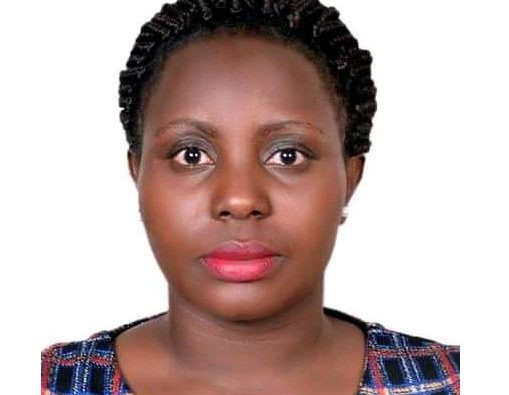Care provided by midwives who are educated and regulated according to international professional standards is defined as a core strategy for decreasing maternal mortality rates and improving reproductive maternal newborn child and adolescent health. However, a shortage of professional midwives informed by international standards is detrimental to the need for universal access to high-quality care. This is especially a challenge in Sub-Saharan African countries like Uganda where majority of midwives are certificate and diploma-level midwives who are mainly trained to manage normal pregnancy, labor, postpartum care, and newborn care but not in-depth about the complications of pregnancy, labor, and newborn which are the afore-mentioned causes of maternal and newborn morbidity and mortality.
Additionally, the shortage of nurses and midwives is of primary concern. According to the 2019 Ministry of Health report, Uganda has a nurse/midwife to patient ratio of 6:100,000. This exemplifies the general shortage of health workers in Uganda which is low compared to World Health Organization (WHO) recommendation of 2.5:1,000.
Such a midwife-to-patient ratio shows that Uganda is far from the minimum required for meeting the predicted need for midwives within the health system, and far from reaching the Sustainable Development (SDG) 3 on health aiming at a maternal mortality rate of lower than 70 per 100,000 live births by 2030. However, scaling up midwifery care implies not only increasing the quantity of midwives, but also customising evidence-based midwifery care to fit local conditions and necessities.
Historically, midwifery training in Uganda stopped at diploma level. There was no career advancement opportunity for midwives who wished to attain a bachelor’s degree in midwifery. In-fact, a diploma midwife had to first enroll for a diploma in nursing so as become double trained before they could enroll for a bachelor’s in nursing. This meant that midwives who wished to advance in their profession lost track and diverted from their mainstream profession by becoming nurses at bachelors’ level.
Midwifery training in Uganda at bachelors and masters’ levels started around 2012-2013 at Gulu University (currently running at Lira University for direct entrants, 4years) and Makerere university respectively. Since then, more universities like Aga Khan University, Mbarara University of Science and Technology (MUST), Clarke International University, Victoria University, Mountains of the Moon University among others have emerged and started a work-study extension/top up program of Bachelor of Science in midwifery to cater for diploma midwives who wish to advance to bachelors’ level. Mbarara University of Science and Technology and Lira University have also come up with Masters in Midwifery program to further boost advancement in the midwifery profession so as to meet international standards.
Despite the educational reform in 2012-2013, the midwifery educational system still faces several challenges which include; low academic level among the tutors within the programmes, including the midwifery educators and clinical preceptors, inadequate equipment and items in the skills laboratory. In practice, there are very few graduate midwives recognized and employed by the government of Uganda. This means that there is a lot of un-utilized human resource of graduate midwives leaving the health care system struggling.
I, therefore, recommend the Government of Uganda through the Ministry of Health, Health Service Commission and Ministry of Public Service to priotize the high quality of reproductive maternal newborn child and adolescent health and employ more graduate midwives, and empower them, through equipping them with adequate tools to perform their roles effectively. I, further, recommend the Ministry of Education and Sports through the Health Education and Training department to add more efforts in the supervision of training schools so as to employ and use midwifery tutors and clinical preceptors with the right qualifications.
The author; Lilian Nuwabaine Luyima is a BSc Nurse & MSN-Midwife & Women’s Health Specialist
If you would like your article/opinion to be published on Uganda’s most authoritative news platform, send your submission on: [email protected]. You can also follow DailyExpress on WhatsApp and on Twitter (X) for realtime updates.



